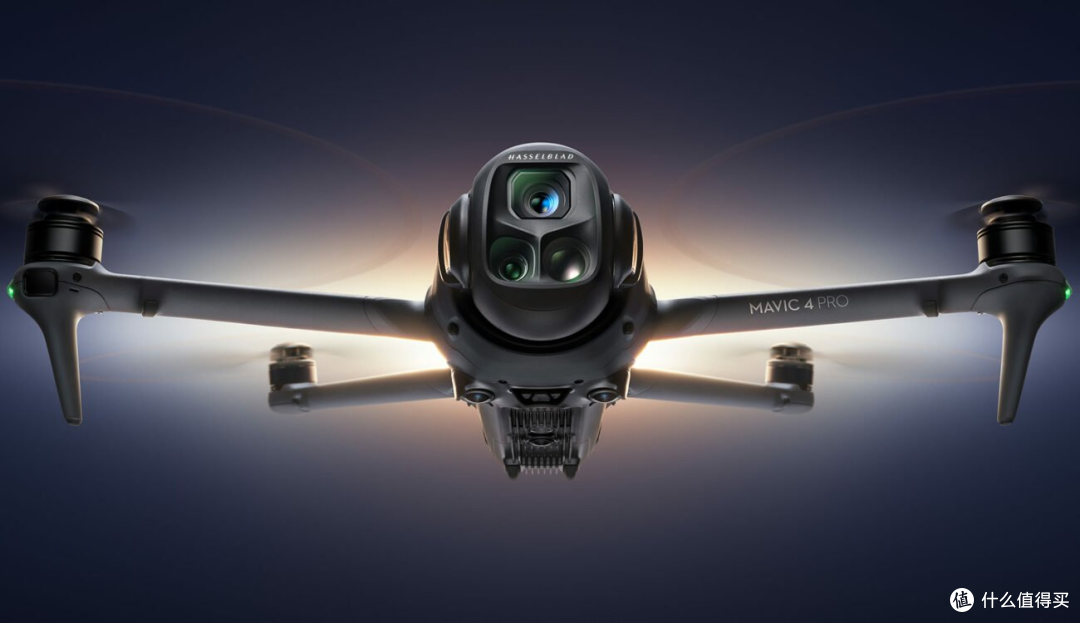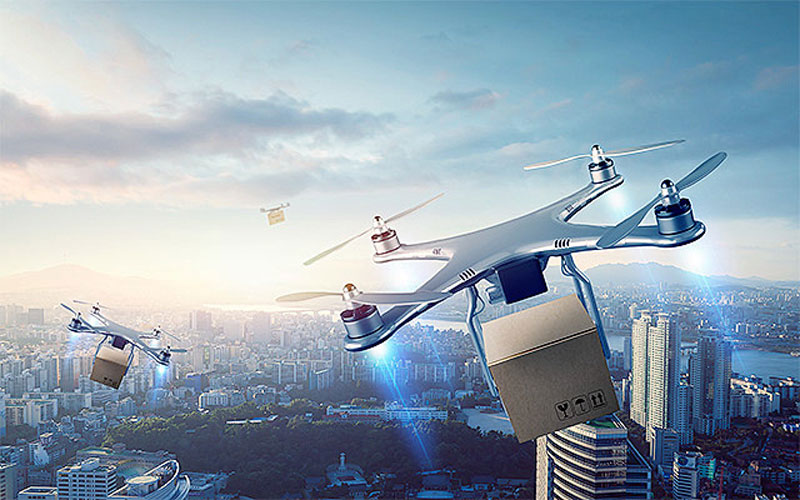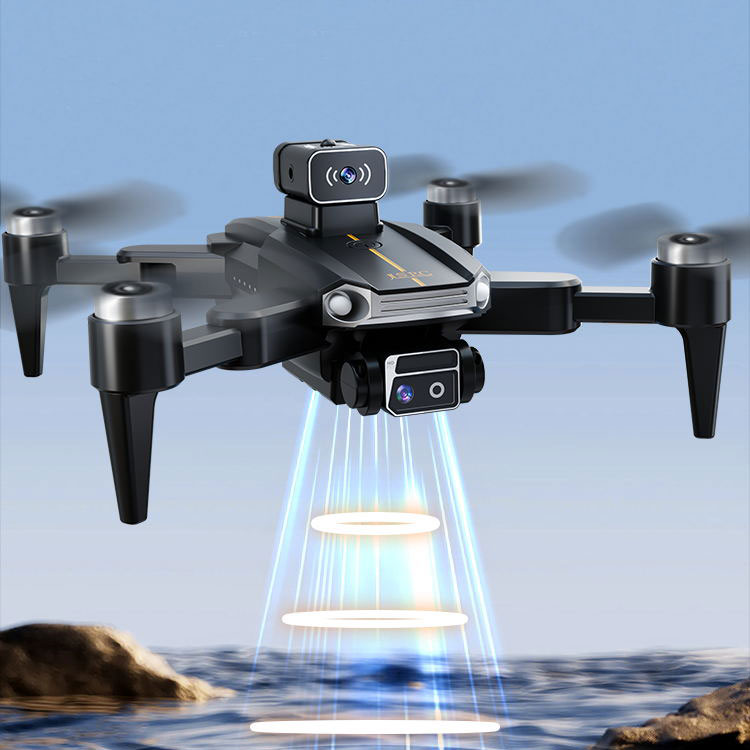As drones become more prevalent in everyday life, questions about their interaction with personal privacy and property rights arise. One recurring query is: is it illegal to shoot down a drone? Addressing this question requires an understanding of several legal principles.
The Legal Framework Surrounding Drones
Drones, or unmanned aerial vehicles, are governed by federal, state, and local laws, primarily in the U.S. Federal Aviation Administration (FAA) regulates their operation in national airspace. According to FAA regulations, drones are aircraft, meaning they’re subject to rules similar to manned aircraft. Therefore, shooting down a drone can be construed as illegal interference with an aircraft, potentially leading to severe consequences.
Property Rights vs Airspace Rights
Property owners generally have rights over their land and the airspace above it, but this is limited. U.S. law distinguishes between immediate reaches of airspace—where the owner has greater control—and navigable airspace, managed by the federal government. When someone shoots down a drone, they may claim defense of property, though this justification can be weak due to overarching federal airspace control.
Privacy Concerns and Drones
Drones equipped with cameras may pose privacy threats, sparking debates on appropriate measures. While the desire to protect one’s privacy is strong, legally it’s challenging to justify shooting a drone based solely on perceived invasion of privacy.
- Some jurisdictions allow civil action against drone operators for privacy invasion, yet firing a weapon to down the drone transitions the issue into criminal territory.
- The use of force against drones under the guise of privacy protection can provoke both criminal charges and civil liabilities.
Potential Legal Consequences
Shooting down a drone can result in several legal repercussions including:
- Criminal Charges: Interfering with aircraft operations can invoke federal criminal charges. This can result in fines and imprisonment.
- Civil Liability: The owner of the drone may sue for damages, especially if the drone was destroyed or compromised during its routine operation.
- State-level Charges: Some states have specific laws about damaging or shooting down drones. Penalties can vary from state to state.
Given these factors, understanding the full scope of legal consequences is crucial for property owners looking to protect their interests.
Alternatives to Shooting Down a Drone
It’s advisable to explore legal alternatives to shooting down a drone:
- Contact Authorities: Report the incident to local law enforcement or the FAA. They can investigate the drone’s operation.
- Use Technology: Employ drone detection and jammer technologies which can disable or track drones non-destructively.
- Legal Recourse: File complaints or civil suits against operators who violate privacy or trespass statutes.


FAQs and Related Concerns
Can I shoot down a drone that’s spying on me? While it may seem justifiable, shooting a drone can result in legal complications. Report the matter to authorities for proper action.
While it may seem justifiable, shooting a drone can result in legal complications. Report the matter to authorities for proper action.
What should I do if a drone flies dangerously close to my house? If a drone flies too close or poses a threat, report it to local law enforcement or the FAA to address the situation.
Are there non-destructive methods to manage drone intrusions? Yes, consider investing in drone detection systems and pursuing legal avenues to address privacy and trespass concerns.
